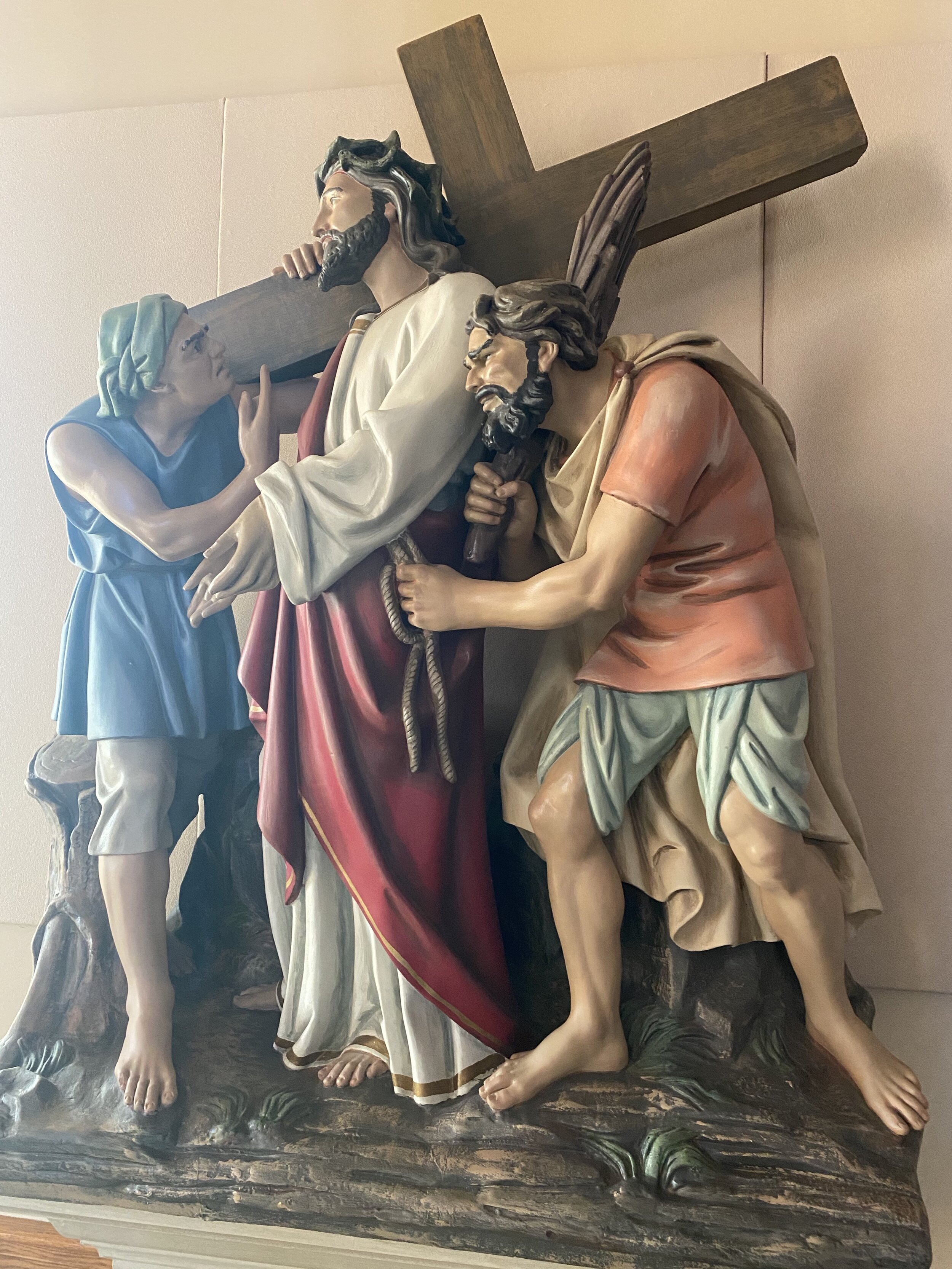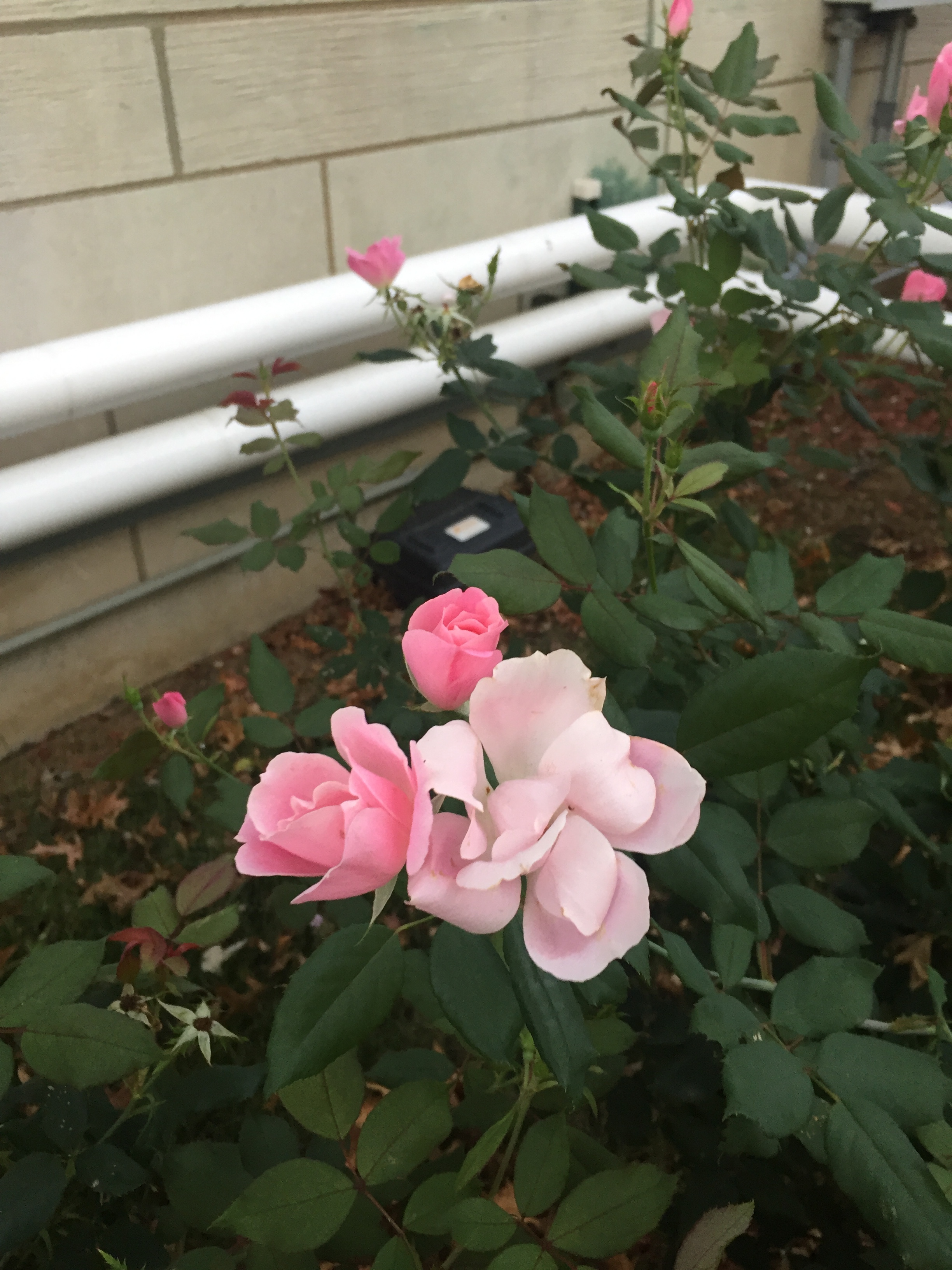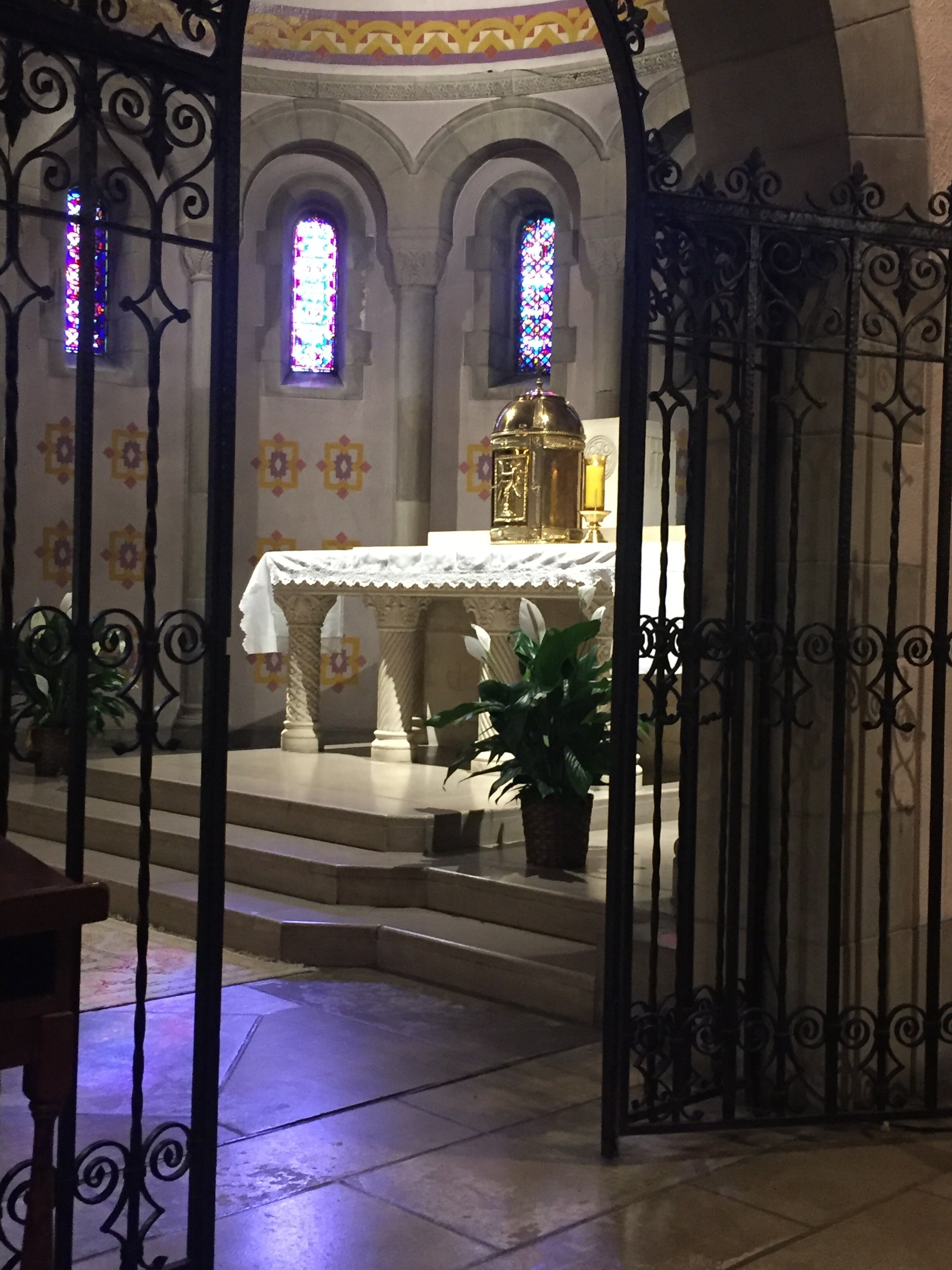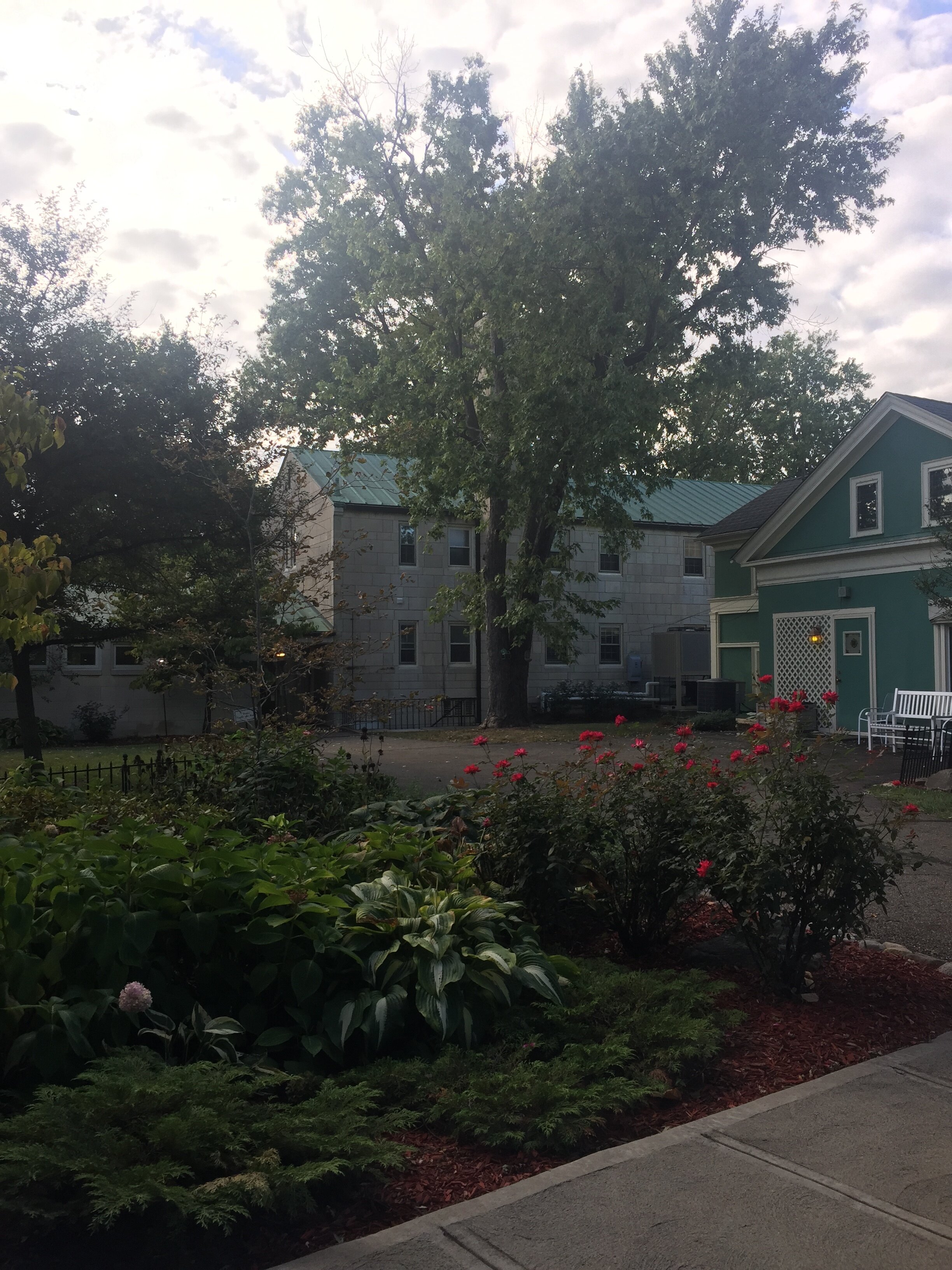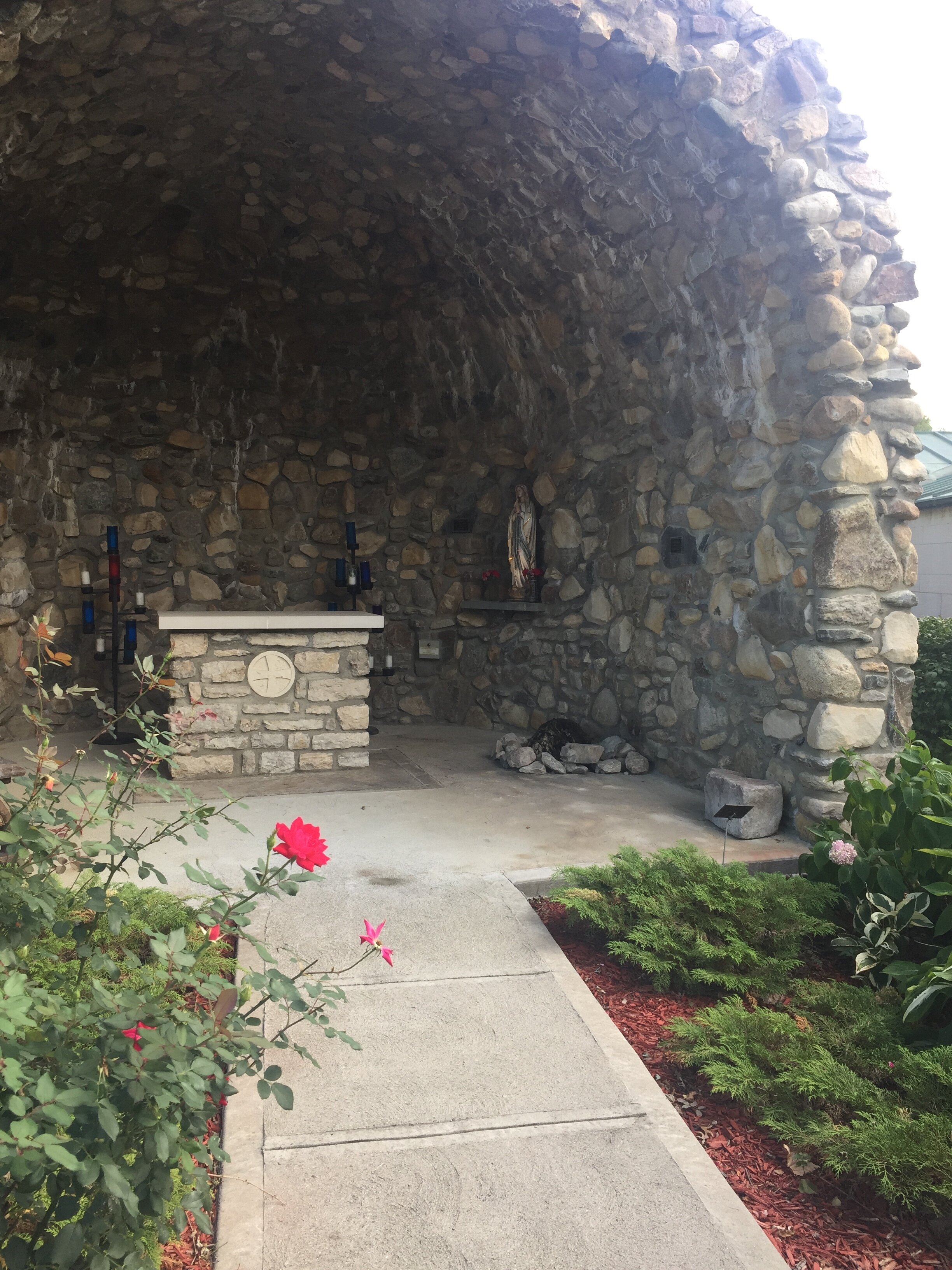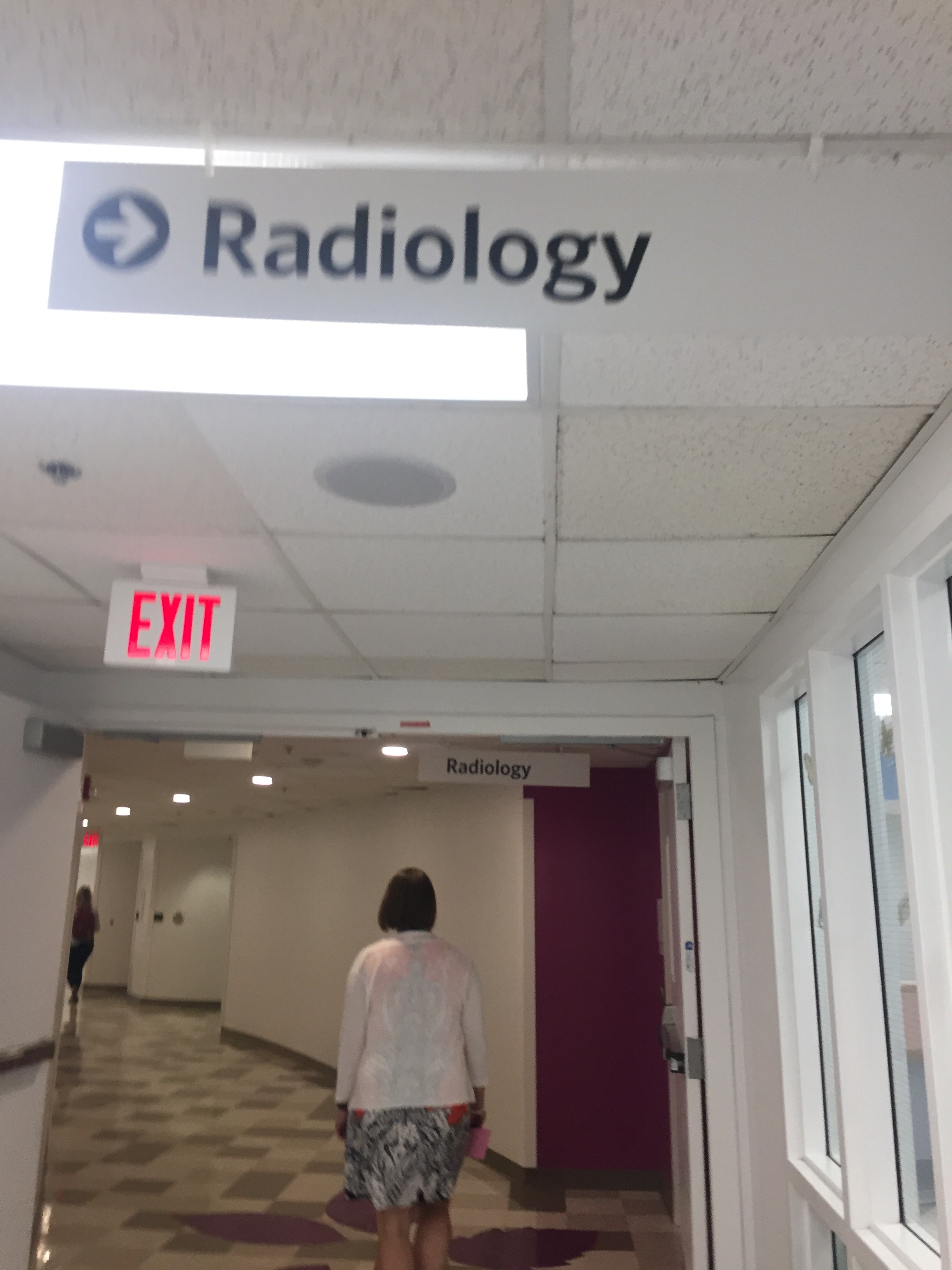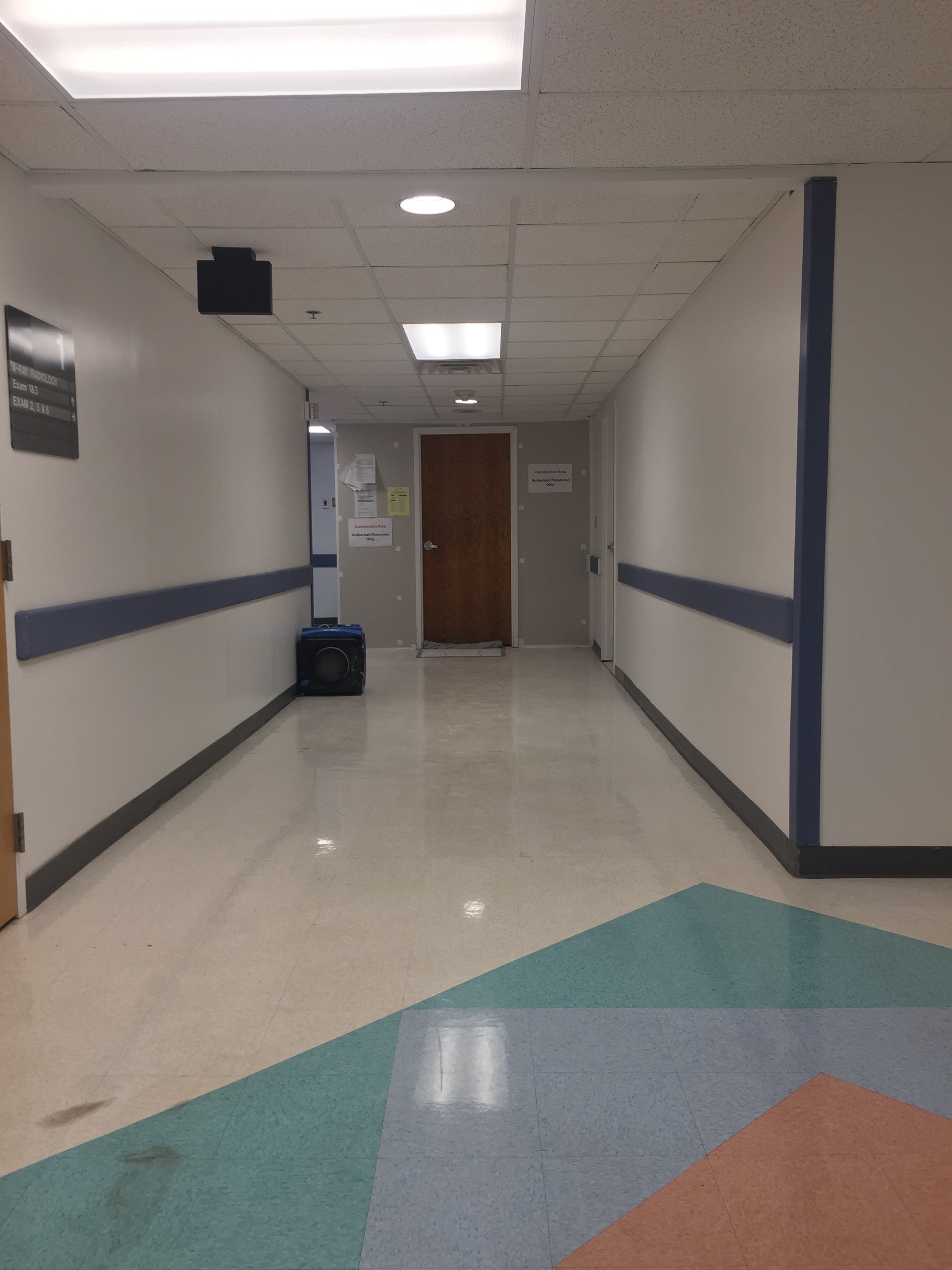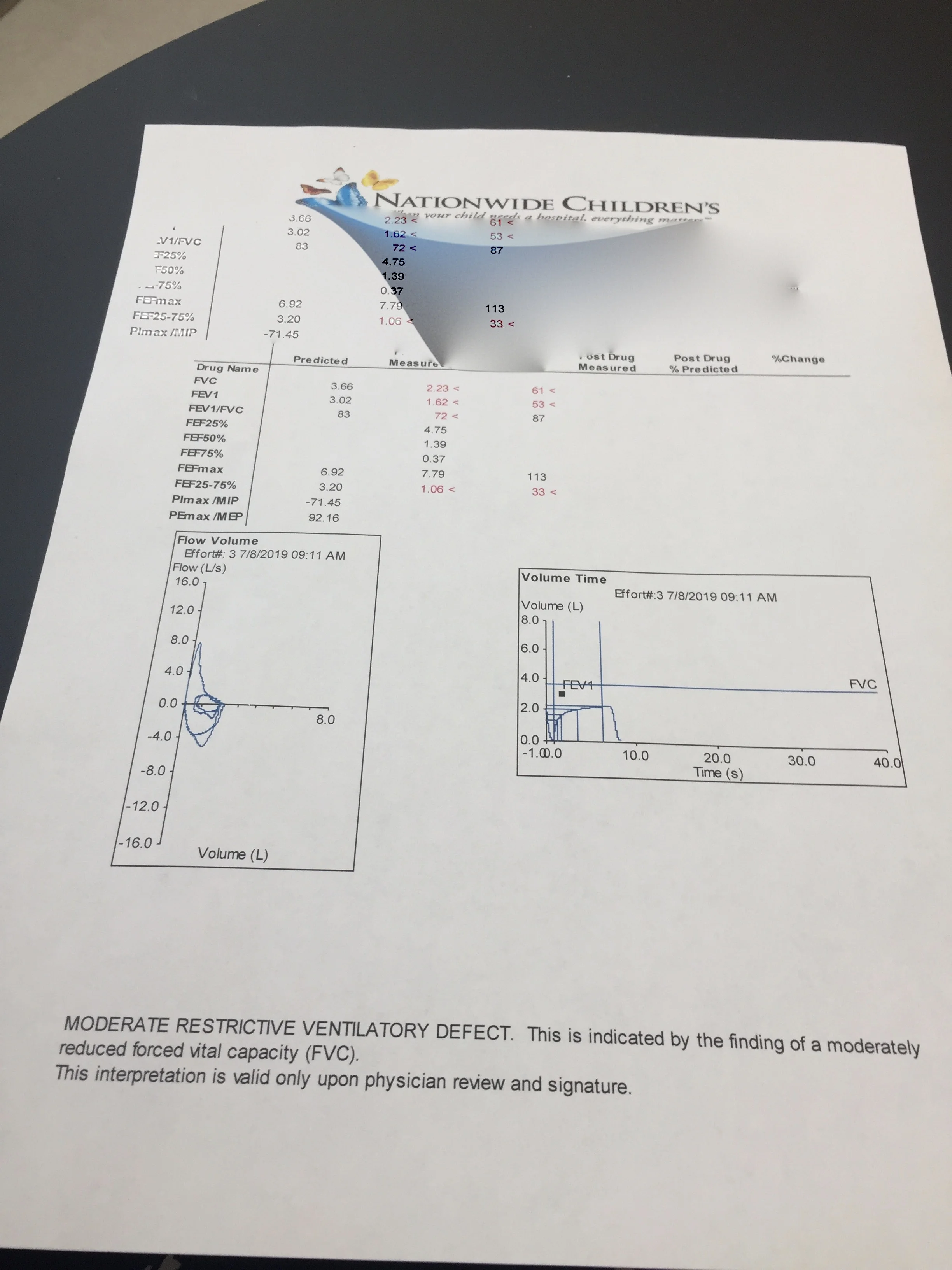Getting to meet Billy on Sunday
The first post I wrote about Billy is, far and away, the most popular thing I’ve ever written.
I’m so glad that so many people got to know this incredible little boy and his fabulous parents. I’m so glad—and overwhelmed in a good way—by all the comments, prayers, and e-notes I’ve received saying they are praying for Billy and his family.
Sadly, Billy passed away in his father’s arms this morning (Tuesday, March 23).
He was loved, and so cared for, until the end.
These six days they had with him were an incredible gift from God. They were a miracle. I’m sure about that. Billy wasn’t expected to last an hour. Instead, he gave his parents almost a week to rejoice and delight in him—and for us to delight in him as well.
Tiffany got to nurse him. Bill changed his diapers. They slept with him on their chests, cooed at him, took videos, rocked him, and loved him. Billy grasped their fingers and looked into their eyes. His grandparents and aunts and uncles delighted in him. And so did all of us.
The day they left the hospital, the membrane that covered Billy’s encephelocele began to break down. The neonatologist said this was to be expected. At home, the brain tissue began to bleed. But through it all Billy and his family had the love and support of their family and the wonderful hospice nurses from The Resort. Billy was kept comfortable and was always in someone’s arms. He was unbelievably loved, and only knew love his entire life.
I was so blessed to be able to see him. I was so blessed to see my best friend hold her child, her first-born, to mother him, to see Bill hold his son against his chest and feed him. I stroked his little ear and marveled at his tiny fingers and even tinier nails. I delighted in him.
On Sunday, we heard the gospel that contains my life verse—Jesus healing the man born blind. My verses are taken from the beginning of the gospel’s ninth chapter:
As Jesus passed by, he saw a man blind from birth. His disciples asked him, “Rabbi, who sinned, this man or his parents, that he was born blind?” Jesus answered, “Neither this man nor his parents sinned. He was born blind so that God’s works might be revealed in him.”
I don’t know why I was born the way I was—but God does. I don’t know why Billy was born the way he was—but God does.
Maybe we were both born this way so that we can glorify God. I certainly hope so. That’s what gives me comfort, and that’s why I consider this my life verse.
Billy’s short life glorified God. His parents’ faith and love glorified God. The support, community, love, and prayers of all of you for this little family glorified God.
A few weeks ago, Bill and Tiffany’s church had a luncheon for them, to celebrate Billy and to provide support for Tiff and Bill. At the lunch, we made a quilt, where every guest was invited to write something to Tiff and Bill on a square. The quilt was draped over their couch when I went to visit. It is beautiful.
I had brought my Bible with me, and I spent time going through it, wondering what to write. Finally, I settled on one of my favorite verses. It’s the verses that begins the epilogue of my book.
“God himself will be with them;
he will wipe every tear from their eyes.
Death will be no more;
mourning and crying and pain will be no more,
for the first things have passed away.”
And the one who was seated on the throne said, “See, I am making all things new.”
—Revelation 21: 4-5
Today’s Mass reading from Isaiah talks about a time when infants will not die after a few days. When I heard that at the streamed Mass this morning, I almost dropped my coffee mug. Billy was dying, and here Isaiah spoke of a new world, where we would all live the lifespan that God appointed us. There would be no more crying, or death, or sadness. We would all live together to old age. Isn’t that what every parent wants for their child?
We all loved Billy. I thank you for all the love that you gave this family, that you continue to give this family. Please pray for them. At this time, the state of Ohio is essentially shut down—I don’t know what’s going to happen with the funeral. Thankfully, their families are local, so they have that support here in town and they can be together. Please continue to pray for them.



